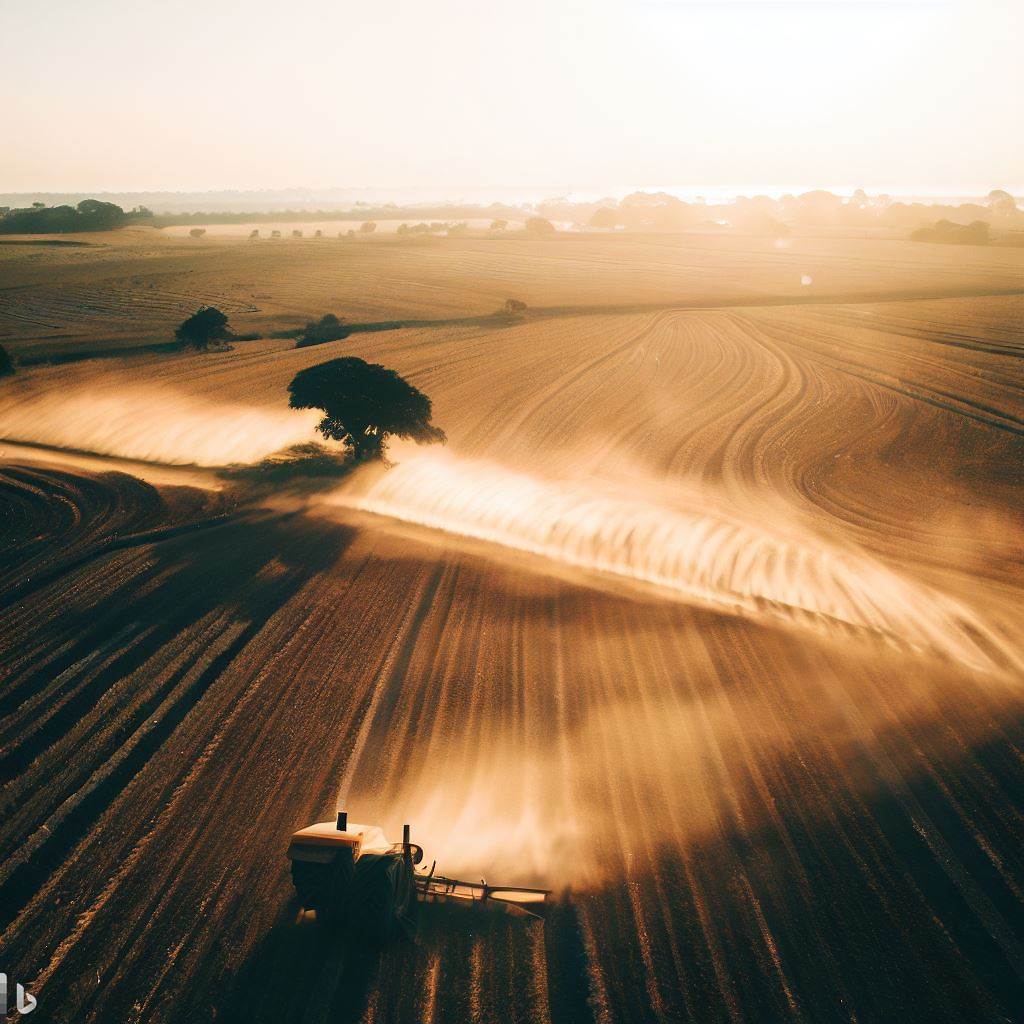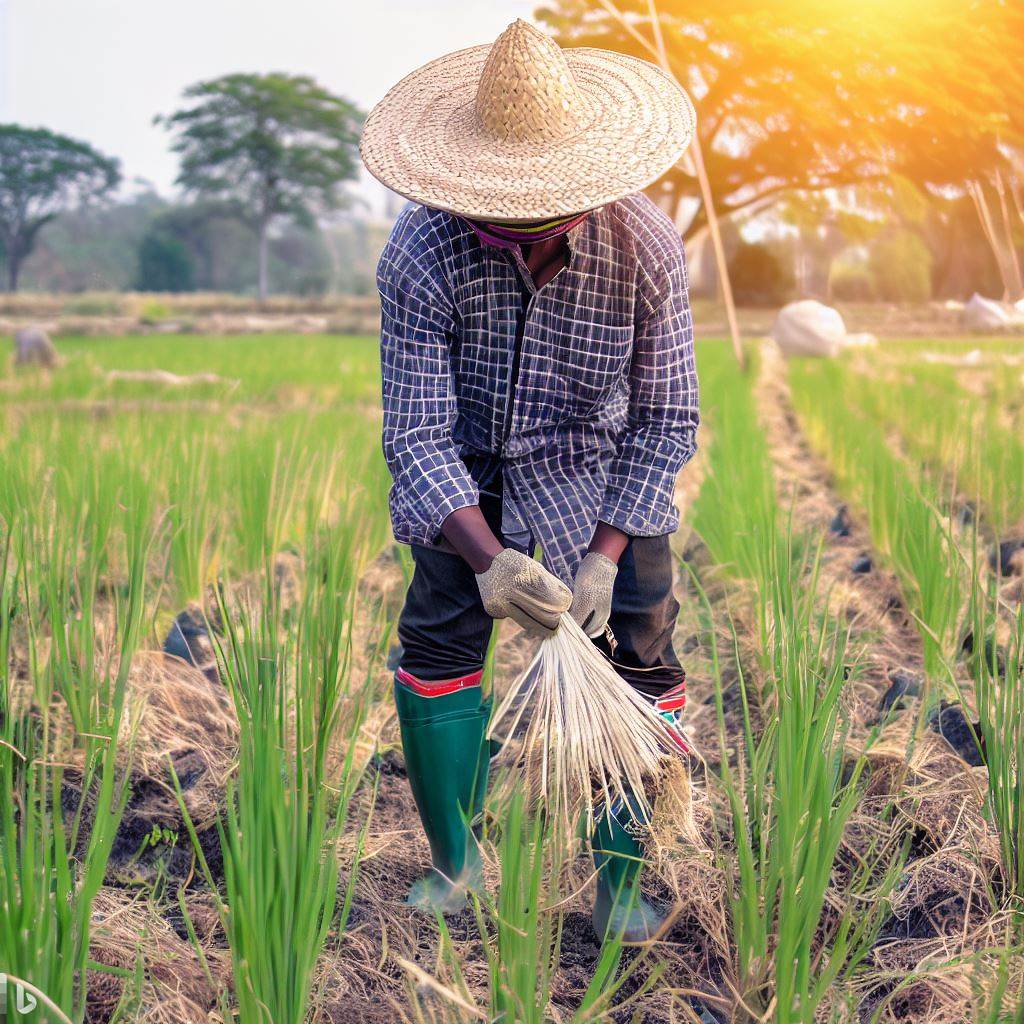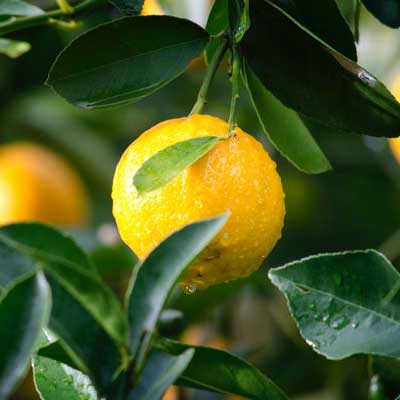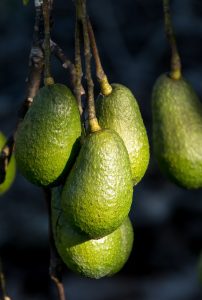Sustainable Agriculture in Zimbabwe

Join Us In Nurturing Growth
Empowering Communities, Ensuring Food Security, and Embracing Organic Practices for a Brighter Tomorrow"
Select A Project HereAt Zimgerm, we recognize the immense potential of agriculture in Zimbabwe. Our Agriculture initiative focuses on promoting sustainable and profitable agricultural projects in the country.
Investment Opportunities
Overview
Agriculture remains the cornerstone of Zimbabwe’s economy, contributing significantly to GDP and employment. The sector is poised for modernization and increased productivity through technology and strategic investments. Through our extensive network and expertise, we identify and connect investors with promising agricultural ventures.
Current State
- Key Crops: Zimbabwe’s main agricultural products include maize, tobacco, cotton, sugarcane, and horticultural products.
- Livestock: The country also has a thriving livestock sector, with cattle, goats, and poultry being predominant.
- Challenges: Agriculture in Zimbabwe faces challenges such as climate change, access to finance, and outdated farming practices.
Investment Opportunities
- Irrigation Systems: Developing efficient irrigation systems can mitigate the impact of erratic rainfall and enhance crop yields.
- Agri-Tech: Implementing modern agricultural technologies, such as precision farming and drone surveillance, can boost productivity.
- Value Addition: Investing in agro-processing facilities can increase the value of raw agricultural products, opening new markets.
Why Invest?
- Untapped Potential: Zimbabwe’s fertile land and favorable climate conditions are ideal for diverse agricultural ventures.
- Government Support: Various policies and programs are in place to support agricultural development and attract investment.
- Market Access: There is significant demand for agricultural products both domestically and in regional markets.

Given the frequent droughts, there are opportunities for German companies to sell high quality tractors to local farmers under the country’s agricultural mechanization drive as well as irrigation equipment to help the sector, especially small-scale commercial farmers, move away from rain-fed agriculture.
Moreover, there are opportunities to provide food processing machinery and equipment for agricultural commodities into manufactured goods in line with the government’s goal of increased value addition. There are also opportunities in the agrochemicals subsector. In particular, the Zimbabwe Investment Authority emphasizes the need to increase capacity in manufacturing of fertilizer, insecticides, and pesticides.
A closer look at why Invest in Zimbabwe's Agricultural Sector
Zimbabwe’s agriculture sector presents a wealth of investment opportunities due to its fertile land, favorable climate, and rich natural resources. The country is known for its abundant agricultural produce, including maize, tobacco, cotton, horticultural products, and livestock. With increasing global demand for food security and sustainable agriculture, investing in Zimbabwe’s agriculture sector can yield significant returns.
Following the government’s fast-track land reform program which began in 2000, irrigation infrastructure deteriorated, and the majority of the new landowners depend on rain rather than irrigation for their crops. As the weather pattern changes and droughts become more frequent, the country has failed to produce enough grain to meet domestic demand. The government grants 99-year leases for agricultural land, but the protections of such leases are too weak to serve as collateral for financing, hindering agricultural investment. The government has also instituted a number of inefficient “command” agricultural subsidy programs which have hampered growth and corruptly squandered billions of dollars.
Leading Sub-Sectors
Efficiency improvements across the agricultural sector could greatly improve Zimbabwe’s output, and Zimbabwe has a great need for new and updated equipment. The Zimbabwe Government has facilitated such commercial imports, including by signing agreements with international partners including American firms. The government estimates Zimbabwe requires 40,000 tractors as it expects 50,000 new farmers to operate on a commercial basis. Local farmers have commented they prefer American quality and value over Chinese and Belarussian models competing in the market.
Tobacco is the most important cash crop in Zimbabwe in terms of generating foreign exchange. The government expects tobacco output to decline from 258 million kilograms in the 2019 marketing season to around 240 million kilograms in 2020, but the industry expects a good quality crop. Industry players attributed the decline in output to a poor start during the 2019/2020 rainy season.
Cotton, Zimbabwe’s second most important cash crop, is usually grown under contract farming arrangements where contractors supply production inputs (seed, fertilizer and chemicals) to farmers on loan. At harvest, the contractor buys back the contracted seed cotton, deducts costs of the inputs, and pays the contract farmer the remaining balance. The country originally expected a lower cotton output in the 2019/20 marketing season due to poor rains, but the government now forecasts cotton output to remain at 100,000 metric tons in the 2019/20 marketing season largely because some farmers adopted new hybrid varieties. According to the Zimbabwe Farmer’s Union, commercial farmers, who account for 30 percent of the total cotton output, will realize very high yields which will offset the decline in output from the small- scale farmers who continued to rely on open pollinated varieties.
Currently, Zimbabwe has the capacity to produce 600,000 tons of cotton while the country’s 22 ginners have installed ginning capacity of 750,000 tons per annum. Certain departments within government such as the National Biotechnology Authority of Zimbabwe (NBA) now believe the sector can benefit from adoption of improved seed varieties including GMOs and production of quality fabric to increase demand for raw cotton. Currently, however, there is no political will to fully embrace the use of GMOs in cotton production.
Investing in Zimbabwe’s agricultural sector not only presents an opportunity for attractive financial returns but also contributes to vital aspects such as food security, employment generation, and rural development. When you partner with Zimgerm, you gain access to a wealth of benefits that ensure your investment journey is a success.
Agricultural models supported by Zimgerm


Commercial Farming
Commercial farming involves large-scale agricultural operations aimed at maximizing productivity and profitability. Zimgerm can facilitate the implementation of commercial farming models in Zimbabwe by connecting investors with available agricultural land, providing market research and analysis, and assisting with project management. This model focuses on high-value cash crops, such as tobacco, horticultural products, and export-oriented produce.
Sustainable and Organic Farming
Sustainable and organic farming models promote environmentally friendly and socially responsible agricultural practices. Zimgerm can encourage the adoption of sustainable farming methods, such as agroecology, permaculture, and organic farming techniques. This model focuses on minimizing chemical inputs, promoting soil health, biodiversity conservation, and producing healthy, chemical-free food. It can attract investors interested in sustainable agriculture and organic food production.


These agricultural models offer different investment opportunities and contribute to the development of Zimbabwe’s agriculture sector. Zimgerm can provide expertise, market insights, and project facilitation services to investors interested in implementing these models for sustainable and profitable agricultural ventures.
Your Advantage with Zimgerm
Expert Guidance and Support
Our experienced team of agricultural and investment experts is here to guide you every step of the way. We provide comprehensive support, from project evaluation and due diligence to financial analysis and risk assessment. Rely on our expertise to make informed investment decisions and mitigate potential challenges.
Market Insights and Trends
Stay ahead of the curve with our in-depth market insights and trends analysis. We closely monitor the agricultural landscape in Zimbabwe, keeping you informed about evolving market dynamics, consumer preferences, and regulatory changes. Our market intelligence helps you identify opportunities and optimize your investment strategies.
Driving Sustainable Impact
Invest in Zimbabwe’s agricultural sector and support sustainable development through Zimgerm. Our projects prioritize environmental sustainability, social responsibility, and community empowerment, promoting eco-friendly practices, local employment, and rural development. Join us in creating a positive impact.
Network of Agricultural Projects
Tap into our extensive network of carefully selected agricultural projects in Zimbabwe. We connect you with a diverse range of opportunities in crop cultivation, livestock farming, horticulture, and more. Our projects undergo rigorous evaluation to ensure their viability and alignment with your investment goals.
